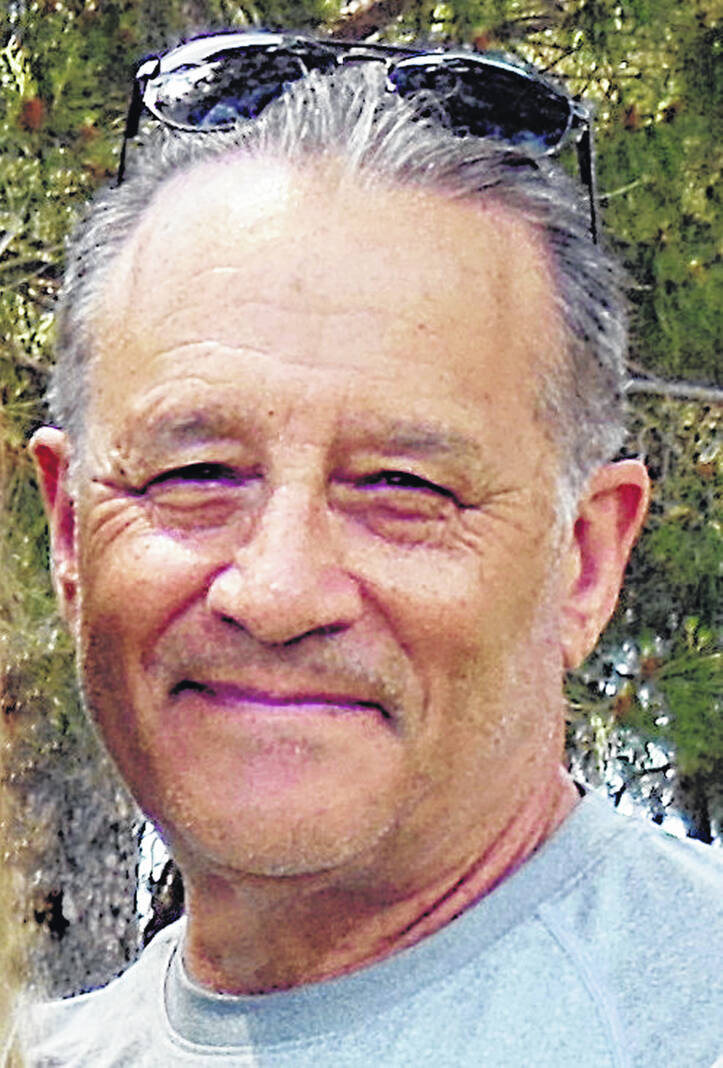
Bill Sims
Contributing columnist
Some wise man once said that the trouble with history is that you have to live through it.
If you choose to keep reading, you’ll have to “live through” my ensuing stream of consciousness on this topic.
So, if you haven’t “lived through it,” what about the better-known maxim: “Those who fail to remember the past are condemned to repeat it”? Do you have to have lived through it for the lessons to take?
Joseph Kannon once wrote, “The politics of another generation — they’re never real, are they?… Thirty years from now, they’ll ask you, what was so important?” (The Prodigal Spy)
Historical examples could be the Holocaust, the Jim Crow laws, the era of McCarthyism, the reasons for committing so much blood and treasure into Vietnam and Iraq, hesitancy to get involved in the war in Europe (World War II), Japanese internment camps in America, desegregation and the civil rights movement, the slave trade and the Great Depression.
If you are young enough to have never lived through any of these pivotal periods in American history, how consequential are they in your thinking, other than maybe as a trivia piece for some internet game?
Let me be even more oblique. When I was young, after school or during the summer months, I was outside with friends (face-to-face), playing baseball, playing in the neighborhood, riding bicycles, shooting hoops, or helping my dad with yard maintenance. There was no video gaming, online dating, Instagram, TikTok or Facebook. It was a different era and I loved living through it. Would a kid today choose to exchange their phones, apps, avatars, influencers, and lifestyle for what was the essence of my world? Probably not is my best guess.
So, does all of this make for another generation’s politics? No. I am suggesting that failing to remember the past or not wanting to remember the past because it is not a part of “my” experience is a risky and failing pathway. It’s also a failing to intentionally choose to ignore or erase such essential historical lessons because it’s psychologically useful and less complicated to do so.
Let me be more explicit. How do you deal with the deep-seated and systematic racism of apartheid in South Africa without first dealing with the systematic racism of Jim Crow and segregation in America first?
What I’m suggesting here is that the reality gap between the most recent generations and generations back into the 19th and 20th centuries has gotten wider and wider. Perhaps it has much to do with technology. It also means that historical lessons learned that should be helping us to navigate through current troubles are studied and appreciated less, and for me that’s a worrisome trend.
Time has a way of moving too fast and that’s part of the problem. I never thought I’d get old this fast. But the acceleration of time can’t be an excuse, intentional or otherwise, for not using these past pivotal moments to inform current pivotal decision making.
We owe it to our forefathers, our grandparents and our parents who have lived through our history to listen to them and their experiences for guidance as history repeats itself — like when Russia invaded Poland in 1939, with a wink and a nod to Nazi Germany, and now Russia invades Ukraine in 2022 and maybe Poland next with a wink and a nod about nothing more than a “special military operation.”
The politics, adversities and acquired insights of previous generations are never real, or important, or are they? It’s an important question for the rising generations (Gen Z and Gen Alpha) who are often accused, right or wrong, of being self-absorbed and disturbingly indifferent.
The pandemic. The raging war in Europe. Russia and the West. U.S.-China relations and Taiwan. Climate change. The global wealth gap. Mass migrations across the globe.
Back to the future… “The politics of another generation — they’re never real, are they?… Thirty years from now, they’ll ask you, what was so important?”
Bill Sims is a Hillsboro resident, retired president of the Denver Council on Foreign Relations, an author and runs a small farm in Berrysville with his wife. He is a former educator, executive and foundation president.

